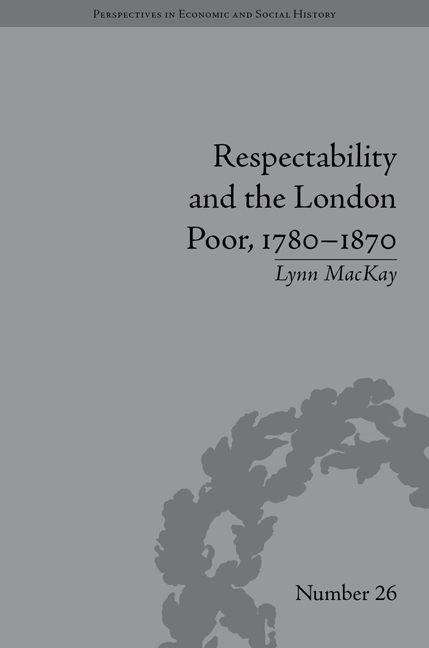2 - Mazy Courts and Dark Abodes
Summary
A crucial factor encouraging the retention of customary cultural practices was the spatial configuration of London's central neighbourhoods. Space matters to historians; it operates at all levels of the discipline and is woven into the very fabric of historical thought. Space is not simply an inert backdrop upon which the action of history takes place; rather, as Henri Lefebvre insisted, space is socially produced. Lefebvre argued that different societies develop spatial arrangements and configurations to meet their particular needs. Building on these insights, Edward Soja has noted that while space certainly helps to shape social beings, people also make and remake space. The relationship is symbiotic, and Soja has devoted himself to developing a critical social theory that achieves ‘an appropriate interpretive balance between space, time and social being’, that is, between ‘the creation of human geographies, the making of history and the constitution of society’. As Sharon Zukin succinctly put it, ‘Space is now considered a dynamic medium that both exerts an influence on history and is shaped by human action’ – although to be sure, some groups and classes have much more influence than others. From the historian's perspective the message is clear: spatiality needs to be taken seriously. It matters, moreover, not just at the theoretical or ontological levels, but at the interpretive as well.
- Type
- Chapter
- Information
- Respectability and the London Poor, 1780–1870The Value of Virtue, pp. 45 - 78Publisher: Pickering & ChattoFirst published in: 2014



